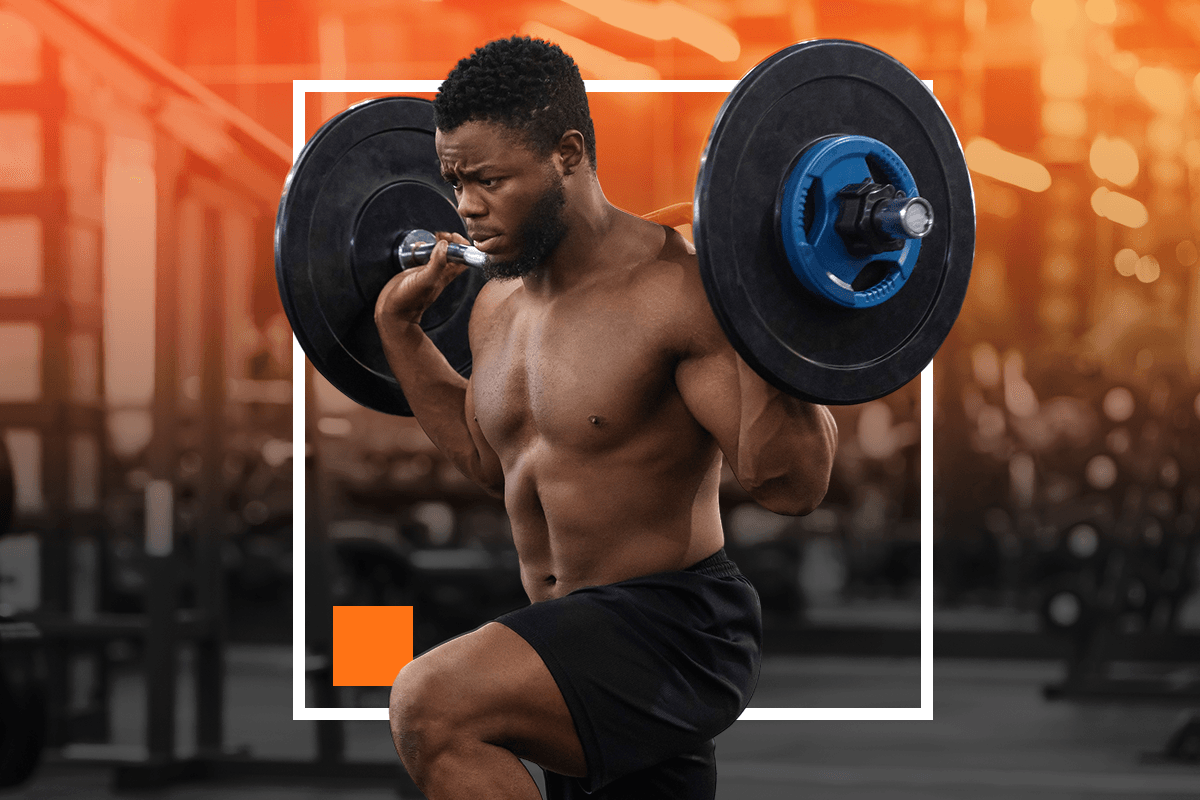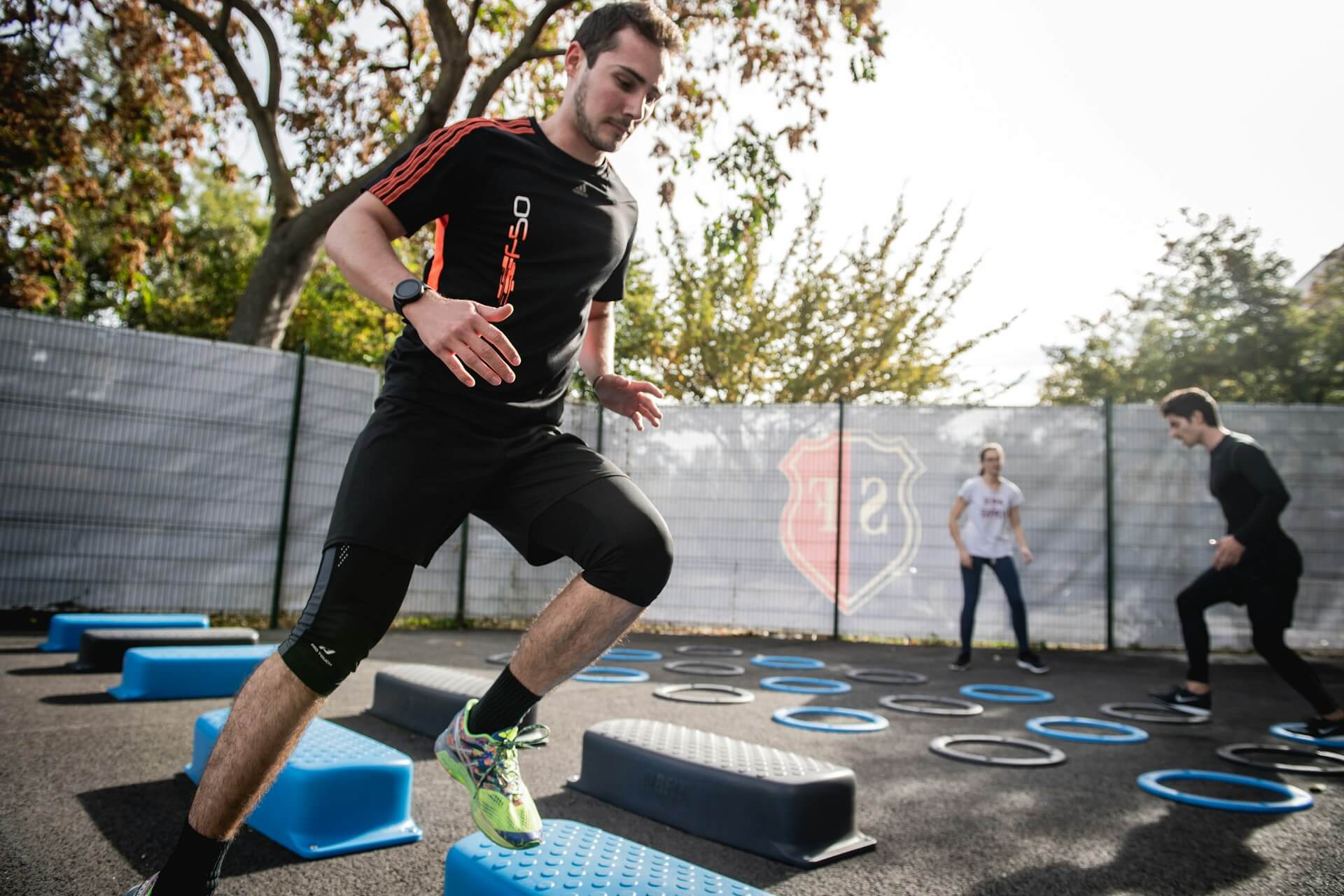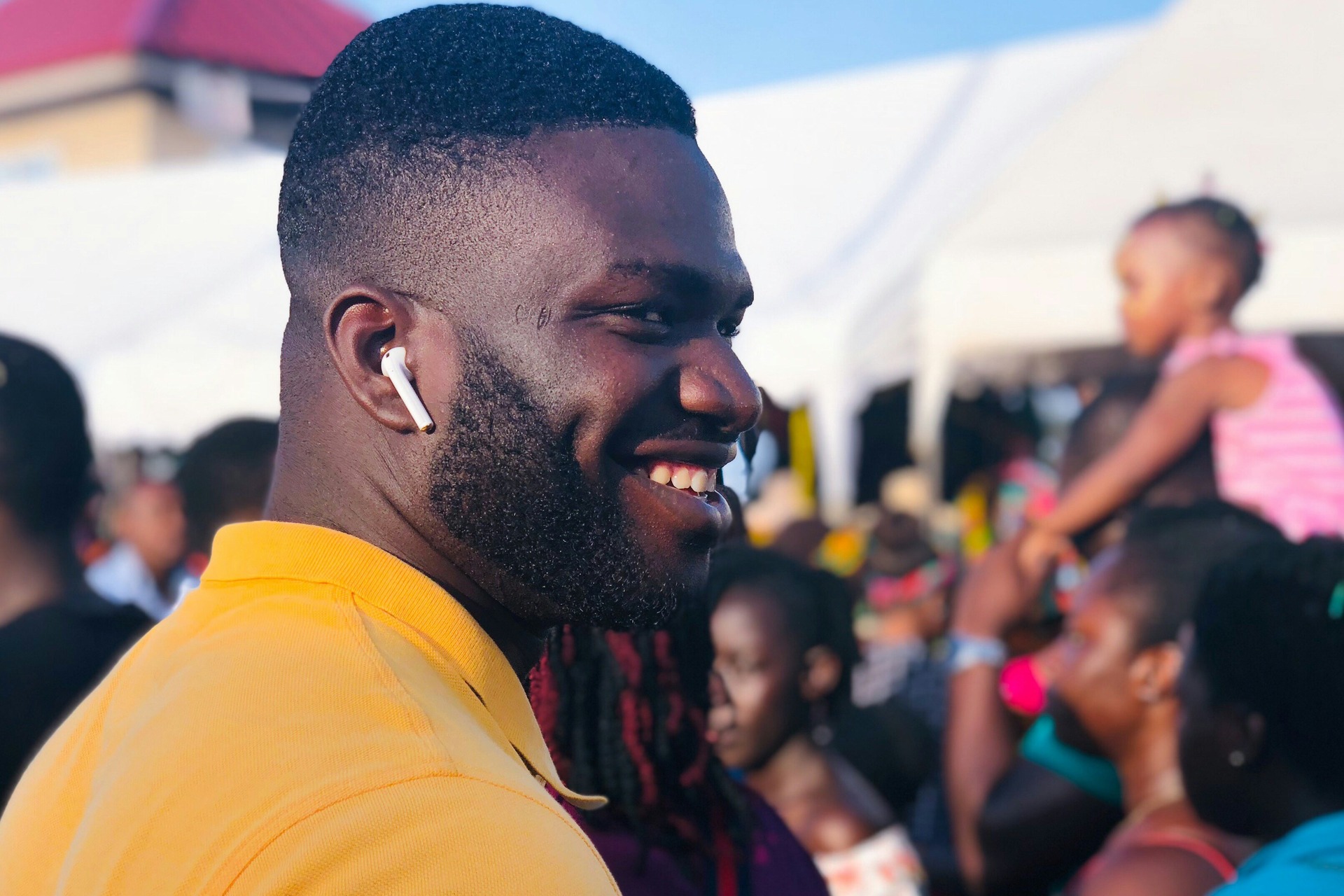Coffee and Exercise: How to Supercharge Your Workouts
Aug 17, 2020

As an Amazon Associate, Modded gets commissions for purchases made through links in this post.
You already know that coffee has caffeine. In fact, you’re probably well acquainted with Joe. You rely on him to wake you up in the morning, survive that midday slump and power through the night. But did you know that coffee can also supercharge your exercise routine?
By redirecting the energy that causes shakes and racing thoughts, you can have longer, stronger days at the gym, build muscle and burn fat. It sounds too good to be true, right?
What Happens When You Combine Coffee and Exercise?
Drinking your daily cup could significantly enhance your fitness routine. Here are a few ways this simple ritual can take your workouts to the next level.
1. Boost Metabolism and Burn Fat
According to one Harvard study, drinking four cups of coffee a day could reduce body fat by 4%. Caffeine speeds up your metabolic rate — or the rate at which your body burns fat for energy.
As you drink it, the process begins to accelerate and remains at a high level for the next three hours. If you exercise during this time, you may be able to boost your metabolic rate further, thus burning more fat.
2. Increase Performance
Coffee can also increase your athletic performance. Even if you’re already an avid coffee drinker, sipping a cup before your workout can significantly improve your endurance. Because it stimulates the body to use fat stores for energy, you can resist fatigue and work your muscles longer.
3. Improve Concentration
If you find you can’t spend 10 minutes at the gym or on your yoga mat without losing your focus, it’s time to sip some coffee. In addition to boosting your performance, caffeine can also improve your ability to concentrate.
In one study, participants who consumed 12 ounces of coffee exhibited enhanced problem-solving skills. This improved focus will help you actively engage muscles, tune into your body and sustain high levels of intensity.
4. Reduce Pain
Training longer and harder should result in some pretty sore muscles, right? Well, not if you’re still sipping that revered bean water. By drinking just two cups of the stuff, you can relieve post-workout soreness by nearly 50%, according to one study.
A more recent study also concluded that drinking caffeine an hour before training could even reduce pain and soreness two to three days afterward.
How to Supercharge Your Workouts
Now that you realize how beneficial coffee can be, you’ll likely want to begin drinking more. However, if you want to reap all the benefits and truly supercharge your workouts, there are a few best practices and tips you should take into account.
The Best Time to Drink
Most of the above studies tested their hypothesis by having participants drink a cup or two of caffeine before working out. Generally speaking, caffeine will begin to take effect after about 20 minutes and reach peak levels within 15 to 45 minutes after consumption. It will then remain in your system for the next few hours. However, you may begin to notice your energy levels return to normal after your blood levels peak.
Therefore, it may be best to sip your latte 20 minutes before you hit the gym. Then, take advantage of its maximum effects for the next hour or so.
Supplementing Your Diet
Many athletes use coffee as a pre-workout supplement — and it’s not hard to see why. However, they sip their americanos and toss back espresso shots while also maintaining a balanced diet. True athletes recognize the importance of nutrition and won’t rely on coffee alone to carry them through their training. Rather, they use caffeine to supplement their food and protein powder intake.
They also know to drink water before sipping their morning cup of joe. Since coffee is somewhat acidic, drinking it on an empty stomach can irritate your bowels. Instead, throw back a glass of water before also taking that shot of espresso. Your tummy will thank you.
A Word of Caution
Although pairing coffee and exercise can supercharge your workouts, you must be careful when using caffeine for this purpose. Of course, nothing detrimental will happen if you drink a cup or two every day.
However, your body may become tolerant over time, thereby making it less effective the more often you drink it. It may be best to drink your caffeinated beverage of choice on days you feel you need that boost.
Additionally, if you have a sensitive stomach, are prone to irregular heartbeat or have underlying health conditions, it may be best to minimize your caffeine intake or skip coffee altogether. Do what’s best for you and your body. That’ll greatly benefit you and your exercise routine — regardless of whether you’re drinking coffee.






